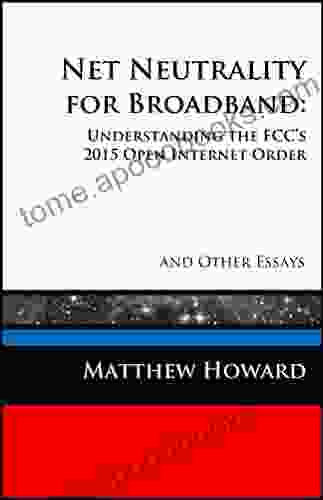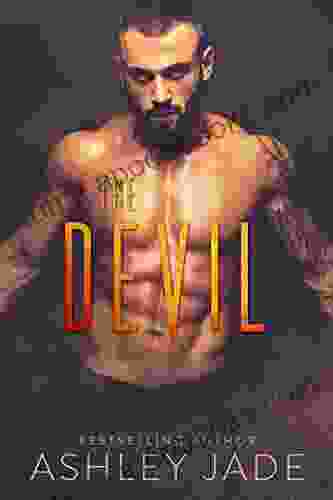Imperialist Ideology in the Disney Comic: Unraveling the Colonialist Narratives

:
The world of Disney, with its charming characters and enchanting stories, has long captivated the hearts of children and adults alike. However, beneath the surface of these beloved tales lies a complex and often overlooked aspect: the pervasive presence of imperialist ideology.
4.8 out of 5
| Language | : | English |
| File size | : | 4084 KB |
| Text-to-Speech | : | Enabled |
| Screen Reader | : | Supported |
| Enhanced typesetting | : | Enabled |
| Word Wise | : | Enabled |
| Print length | : | 313 pages |
| Lending | : | Enabled |
| Item Weight | : | 6.7 ounces |
| Dimensions | : | 5 x 0.67 x 7.68 inches |
Imperialism and Colonialism:
Imperialism, the political and economic control of one country over another, has historically manifested in various forms, including colonialism. Colonialism involves the establishment of direct political and economic control over a foreign territory, often leading to the subjugation and exploitation of its people.
Disney Comics and Imperialist Narratives:
Disney comics, as a popular form of mass media, have played a significant role in shaping cultural perceptions and perpetuating imperialist ideologies. Through their engaging narratives, iconic characters, and vivid imagery, these comics have subtly reinforced the dominance and superiority of Western powers.
1. Colonialist Tropes and Stereotypes
One of the most glaring manifestations of imperialist ideology in Disney comics is the use of colonialist tropes and stereotypes. Characters from non-Western cultures are often depicted as exotic, primitive, and inferior to their Western counterparts.
For example:
- In "The Adventures of Mickey Mouse in the Far East," Mickey travels to a fictionalized China populated by stereotypical characters such as Fu Manchu and Fu Chang.
- In "The Adventures of Donald Duck in the Tropics," Donald encounters indigenous tribespeople who are portrayed as uncivilized and in need of Western guidance.
2. Hierarchical Power Structures
Disney comics also reinforce hierarchical power structures that reflect the colonialist mindset. Western characters are typically presented as the dominant and authoritative figures, while non-Western characters occupy subservient roles.
For example:
- In "The Lion King," the protagonist, Simba, represents Western dominance over the African savanna.
- In "Pocahontas," the titular heroine is depicted as a Native American princess who must choose between her people and the colonizing English.
3. Glorification of Western Intervention
Many Disney comics romanticize and glorify Western intervention in non-Western territories. These narratives portray Western powers as benevolent protectors and civilizers of supposedly primitive societies.
For example:
- In "The Jungle Book," Mowgli, the orphaned boy raised by animals, is rescued by the British soldier Colonel Hathi.
- In "Aladdin," Aladdin, a street urchin from the fictional Arab city of Agrabah, is shown to be incapable of governing without the guidance of the Western princess, Jasmine.
4. Erasure of Indigenous Perspectives
Disney comics often erase or marginalize indigenous perspectives and experiences. Non-Western cultures are frequently depicted through a Western lens, with little regard for the complexities and diversity of their own perspectives.
For example:
- In "Peter Pan," the Native American characters are portrayed as childlike and dependent on the Western protagonists.
- In "Moana," the Polynesian culture is romanticized and sanitized, with little attention paid to the historical and ongoing struggles of the Polynesian people.
:
The pervasive presence of imperialist ideology in Disney comics is a troubling reminder of the cultural conditioning that perpetuates colonialist narratives. By recognizing and challenging these tropes and stereotypes, we can foster a more inclusive and accurate understanding of the world and its diverse cultures.
It is crucial to approach Disney comics with a critical lens, understanding their role in shaping our perceptions and challenging the imperialist ideologies they promote. Only by ng so can we cultivate a more equitable and just society where all voices are valued and respected.
Call to Action:
Join the conversation and share your thoughts on the topic. Educate yourself about the history of imperialism and colonialism, and explore alternative narratives that challenge dominant power structures. Let us work together to create a more inclusive and equitable world for all.
4.8 out of 5
| Language | : | English |
| File size | : | 4084 KB |
| Text-to-Speech | : | Enabled |
| Screen Reader | : | Supported |
| Enhanced typesetting | : | Enabled |
| Word Wise | : | Enabled |
| Print length | : | 313 pages |
| Lending | : | Enabled |
| Item Weight | : | 6.7 ounces |
| Dimensions | : | 5 x 0.67 x 7.68 inches |
Do you want to contribute by writing guest posts on this blog?
Please contact us and send us a resume of previous articles that you have written.
 Book
Book Novel
Novel Page
Page Chapter
Chapter Text
Text Story
Story Genre
Genre Reader
Reader Library
Library Paperback
Paperback E-book
E-book Magazine
Magazine Newspaper
Newspaper Paragraph
Paragraph Sentence
Sentence Bookmark
Bookmark Shelf
Shelf Glossary
Glossary Bibliography
Bibliography Foreword
Foreword Preface
Preface Synopsis
Synopsis Annotation
Annotation Footnote
Footnote Manuscript
Manuscript Scroll
Scroll Codex
Codex Tome
Tome Bestseller
Bestseller Classics
Classics Library card
Library card Narrative
Narrative Biography
Biography Autobiography
Autobiography Memoir
Memoir Reference
Reference Encyclopedia
Encyclopedia B J Daniels
B J Daniels Krishna S Mercy
Krishna S Mercy Anthony Ortiz
Anthony Ortiz April Crawford
April Crawford Anthony D Fredericks
Anthony D Fredericks Anthea Hatfield
Anthea Hatfield Arwa Mahdawi
Arwa Mahdawi Arbor Winter Barrow
Arbor Winter Barrow Kjell Ola Dahl
Kjell Ola Dahl Antony Taubman
Antony Taubman Elaine Scott
Elaine Scott Audley Johnson
Audley Johnson Antero De Quental
Antero De Quental Geoff England
Geoff England David Nolan
David Nolan Aristotle
Aristotle Carter Andress
Carter Andress Mark Minervini
Mark Minervini Carroll Thomas
Carroll Thomas Larry Atkins
Larry Atkins
Light bulbAdvertise smarter! Our strategic ad space ensures maximum exposure. Reserve your spot today!
 Dan HendersonFollow ·2.4k
Dan HendersonFollow ·2.4k George BellFollow ·10.8k
George BellFollow ·10.8k Ronald SimmonsFollow ·18.6k
Ronald SimmonsFollow ·18.6k Duane KellyFollow ·11.3k
Duane KellyFollow ·11.3k Blake KennedyFollow ·10.5k
Blake KennedyFollow ·10.5k Gordon CoxFollow ·10.5k
Gordon CoxFollow ·10.5k Ricky BellFollow ·3.1k
Ricky BellFollow ·3.1k Jonathan FranzenFollow ·14.5k
Jonathan FranzenFollow ·14.5k
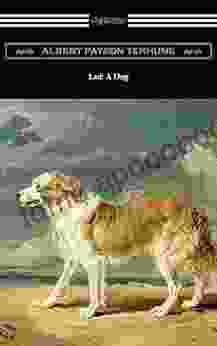
 Gabriel Garcia Marquez
Gabriel Garcia MarquezLad Dog Baby Professor: The Perfect Book for Your Child
Lad Dog Baby...
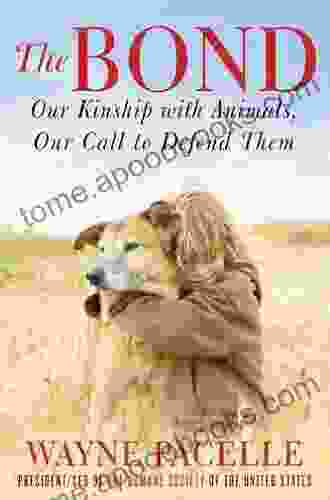
 Fredrick Cox
Fredrick CoxAn Excerpt With Fifty Ways To Help Animals Promo Books:...
: Embracing Animal...
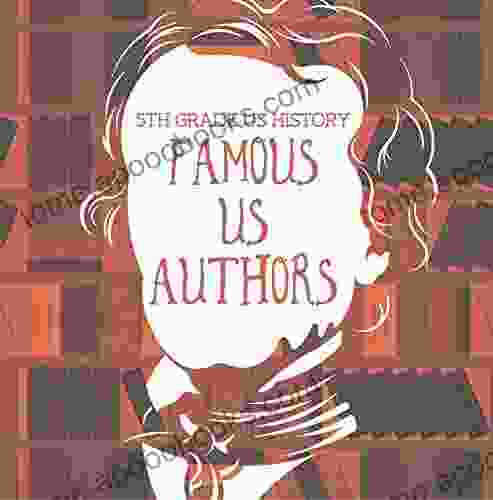
 Kelly Blair
Kelly Blair5th Grade US History: Famous US Authors: Fifth Grade...
Step into a captivating world of historical...
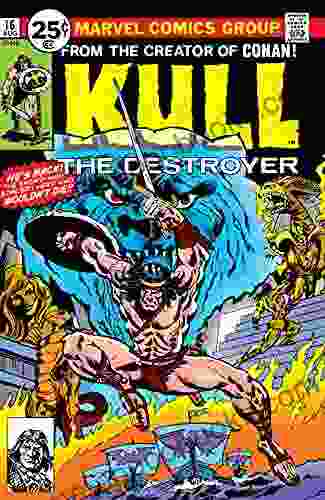
 Natsume Sōseki
Natsume SōsekiKull the Destroyer: A Timeless Tale of Sword and Sorcery
The Creation of a...

 Jim Cox
Jim CoxDas Ist Supertoll: Unlocking the Magic of German for Kids
Immersive Learning with...

 Bruce Snyder
Bruce SnyderUnlock the World of Quilting for Kids: Discover "Quick...
Are you ready to embark on a delightful...
4.8 out of 5
| Language | : | English |
| File size | : | 4084 KB |
| Text-to-Speech | : | Enabled |
| Screen Reader | : | Supported |
| Enhanced typesetting | : | Enabled |
| Word Wise | : | Enabled |
| Print length | : | 313 pages |
| Lending | : | Enabled |
| Item Weight | : | 6.7 ounces |
| Dimensions | : | 5 x 0.67 x 7.68 inches |



